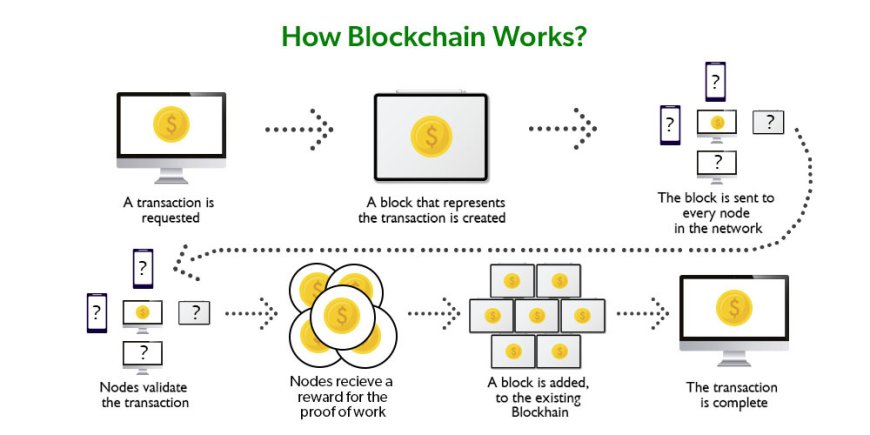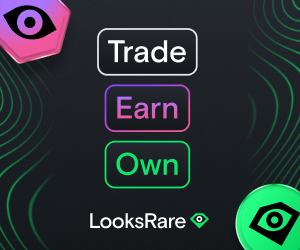What is crypto blockchain? Decoding the Digital Revolution
Blockchain is a decentralized technology that powers cryptocurrencies like Bitcoin. It records transactions on a secure digital ledger across a network of computers.

Transacting cryptocurrencies seems easy, but it’s all backed by a complex, streamlined technology. That’s where the blockchain concept comes into play. At its core, it focuses on transparency while keeping a database with all crypto transactions within the network. However, its functionality has become more complex, and it can benefit industries like healthcare, real estate, or finance.
What is the blockchain?
The blockchain is a distributed ledger/database. It’s shared among different network nodes. The main focus is to ensure transparency when it comes to any transactions since no data can be altered. You have complete anonymity too, since all transaction details don’t feature any names, just transaction info. You can find millions of blockchain blocks, and each one is a transaction. (source: wikipedia)
Using the blockchain is crucial for the world. It offers a decentralized and transparent way of recording any cryptocurrency transactions. Also, it doesn’t just limit itself to crypto; the blockchain can be used for any industry, thanks to its ability to not be altered in any way.

Is the blockchain secure?
The main appeal of the blockchain is it delivers decentralized security. In addition, all blocks are kept chronologically and linearly. That means a new block is added at the end of the blockchain, and once it’s added, no one can alter it. Moreover, any data changes also change the block hash. The network will always deny altered blocks since they don’t match the original record. It helps protect the network against hacking. If someone tries to hack the blockchain, bitcoin for example, it will cost them more to hack than what they will get from the hack itself.
What are the strong points of the blockchain?
The blockchain is meant to offer excellent transparency and complete security. A lack of data altering means any information/transaction remains on the blockchain, and it can be referred to at any given time. Not even system admins can delete any transactions, which helps maintain a decentralized, professional approach toward the entire process.
Moreover, the blockchain is very efficient because it has a very fast transaction speed. It’s possible to establish a set of rules (smart contracts) that can be executed automatically. That helps speed up transactions while still maintaining a high degree of professionalism. In addition, there are multiple blockchain types. These include public and private blockchain networks. You can also find permissioned blockchain networks that are business-made private blockchains with specific restrictions and permissions. And then there are consortium blockchains that serve specific, multiple organizations.
How will the crypto blockchain change the world?
Blockchains offer incredible benefits since you can establish and automate transactions while maintaining high security. It can also help many industries too. In real estate, a blockchain can help secure payments and leasing, keeping land titles and deed records. Within the finance world, it can track lending, banking, insurance, and investment management. Moreover, it also helps healthcare companies with clinical trial records, patient records, consent management, and drug tracking. It’s also easy to integrate into many other industries.
The blockchain brings a powerful, decentralized, and comprehensive system that offers more transparency. You can have a good insight into the provenance of a transaction, and how/when it took place, and nothing can be altered either. That leads to stellar business efficiency and less fraud. It’s one of the most secure platforms, and it has the potential to help every industry with streamlined solutions!
Furthermore, blockchain technology can also help with quality control. For example, if you’re in the food industry, it’s possible to track the origin of ingredients and how they were handled during transportation. This is especially useful for companies that need to comply with regulations such as HACCP and ISO 22000. Additionally, it helps with other certification processes, like organic certification.
Moreover, blockchain also offers a way to record transactions more securely than ever before. It’s nearly impossible for hackers to break into the system since every transaction is encrypted and stored on a distributed ledger that’s constantly updated. This makes it much harder for cybercriminals to steal sensitive data or manipulate records. And with the help of smart contracts, businesses can also automate certain processes and reduce manual error.
Overall, blockchain technology is a powerful tool that can be used to improve the quality control process in many industries. It provides a secure way to track and store data that increases transparency and compliance with regulations while enabling businesses to execute transactions more efficiently.











